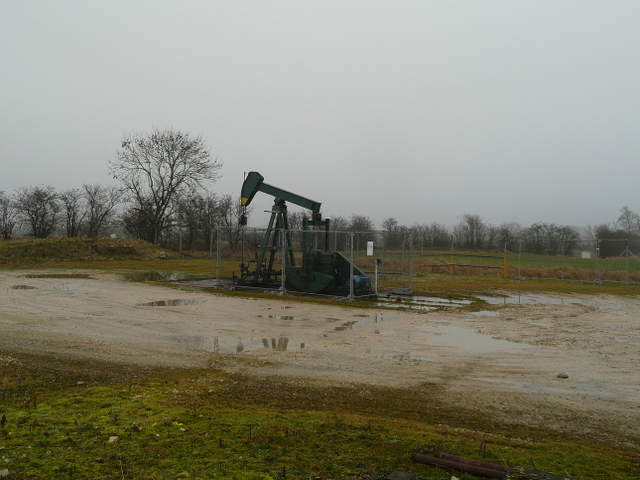During the last fortnight, three of the ‘Big 6’ energy companies – E.ON, SSE and ScottishPower, have announced cuts to their gas prices by 5.1%, 5.3% and 5.4%, respectively. After years of continued rises in gas prices, what has prompted this recent reversal? The answer, in part, is a result of fracking.
The process of fracking involves drilling a vertical hole in to the ground, before drilling horizontally in-between the rock layers for many miles. The produced well is then pumped with a “fracking fluid”, consisting of sand, water and chemicals (700 being carcinogenic), at a high enough pressure to fracture the surrounding rock, releasing the trapped gas. The gas then migrates to the surface where it is captured. The process of injecting high pressure fluid into rock has caused earthquakes (albeit small ones, equivalent to a large lorry going past your house), and in certain cases severe water contamination by the released methane.
Last year it became apparent that David Cameron had ambitions to allow for increases of onshore fracking, including controversial proposals to include national parks within the remit. As a result, his stated aim was to create 150,000 more British jobs whilst reducing gas prices. These claims caused great scepticism, with even the chairman of Caudrilla – the UK’s leading shale gas company – stating that fracking was unlikely to cause a reduction in gas prices.
However, wholesale gas prices have dropped by 32% over the last year, a factor partially attributed to the glut of gas entering the market – the rises in supply associated with increased global production via fracking. Continued developments to the hydraulic fracturing technique have resulted in the successful recovery of higher quantities of gas; this has been particularly fruitful in the Gulf of Mexico. As such, the World Energy Outlook estimates that, “the US could be approaching gas self-sufficiency by 2035”.
As consumers, this is great for our bank balances; reductions in gas prices should mean we can finally afford to use our heating. Unfortunately, the reduction in wholesale prices could have much greater implications – things that seem too good to be true, tend to be. When the value of a commodity falls below the cost of its production, like with the current global price of oil, then additional financial support is required to keep it economically viable. While increased shale gas production could aid in the UK’s security of supply, establishing an additional supply line into an already flooded market, may have further repercussions on global prices. This could ultimately impact upon the UK’s plans to increase gas production.
Regardless of the price and increased extraction of gas, the UK’s energy infrastructure is facing a supply crisis, due to the impending decommission of all coal power stations by 2023. The UK will therefore require alternative sources of energy generation, with the growing likelihood that the responsibility will fall on natural gas power stations. The UK is on the cusp of another ‘Dash for Gas’ however the outcomes and its costs are littered with uncertainties.
Olivia Adu
Image courtesy of Jonathan Billinger, hosted on Wikipedia.

